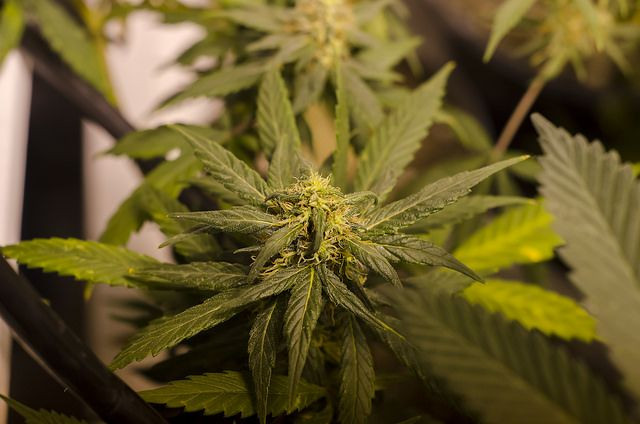Washington State Retail Marijuana Market Seesaws: Glut Follows Early Famine And Prices Plummet

The legal marijuana market has seesawed, The Associated Press reports, and now Washington finds itself experiencing a glut of legal pot for sale after last summer’s famine. Naturally, prices plummeted as supply rose, causing anxiety among the growers. Some worried about selling their crops, others about bankruptcy.
“Every grower I know has got surplus inventory and they're concerned about it,” Scott Masengill, a pot farmer, told AP. So far he has sold only half of his total 280 pound harvest. "I don't know anybody getting rich."
Since many of the state’s pot smokers prefer paying no tax or lower tax prices, AP suggests, the legal retail stores may be competing with a continuing black market and unregulated medical dispensaries. Or the retail pot stores may be too few (and too inconvenient). In Seattle, a Dec. 31, 2014 post in The Evergreen blog reports, the Liquor Control Board plans to license as many as 21 retail marijuana stores, but so far only seven have opened their doors for business. Statewide, LCB is hoping to license as many as 334 stores, but so far only 99 have been licensed, and 12 of Washington’s 39 total counties currently without a single legal store.
On the supply side, it’s a different story. Already, the state has licensed more than 320 marijuana growers. Many of these growers, AP notes, may have had unrealistic expectations about the business and their abilities to recoup any initial investments. Andrew Seitz, general manager at Dutch Brothers Farms in Seattle, told the news service he made total pre-tax income of nearly $230,000 (with $57,000 due in taxes) on his first crop of 22 pounds.
Seitz sold his first crop, then, for just under $21 per gram. Now, he expects to earn just $4 per gram for his second crop, which he will soon harvest. Seitz told AP the state made a mistake by licensing so many growers, without cultivating the retail side of the business.
Since the state's recreational pot market went online in July, Washington state has sold nearly $64 million of pot, the LCB calculates. (This figure includes sales throughout the supply chain.) In total, the state earned nearly $16 million in taxes by year-end 2014. Meanwhile, the city council of Seattle, which passed a moratorium on new medical-marijuana businesses, is hoping to fold medical marijuana into the state’s recreational system, the Evergreen blog reports. A city attorney advises more aggressive enforcement of medical-marijuana businesses failing to pay local taxes or operating without proper permits.
As Washington's pot industry matures, growers, sellers, and lawyers alike are all learning, all becoming a little more real, as this AP/YouTube attests:



























